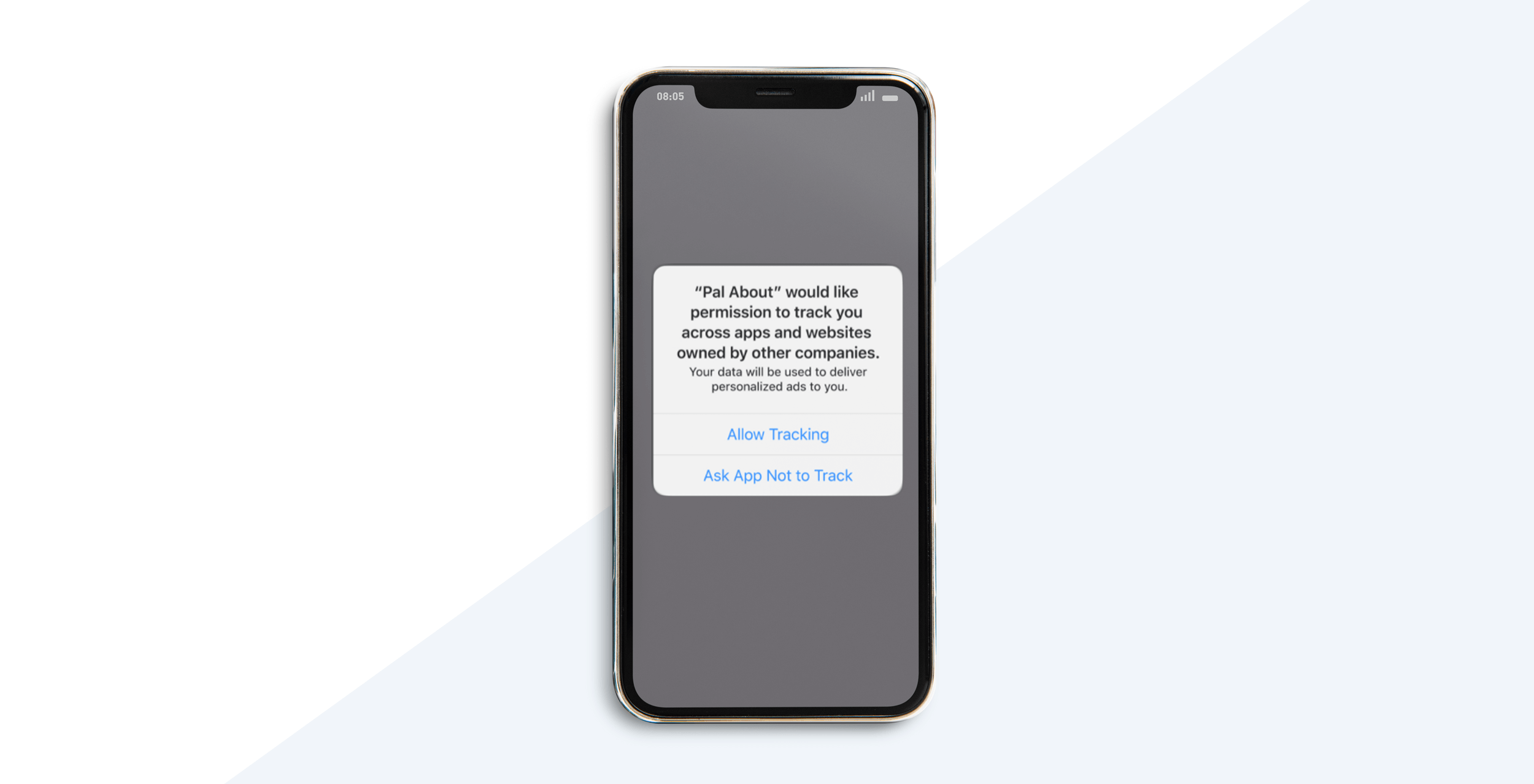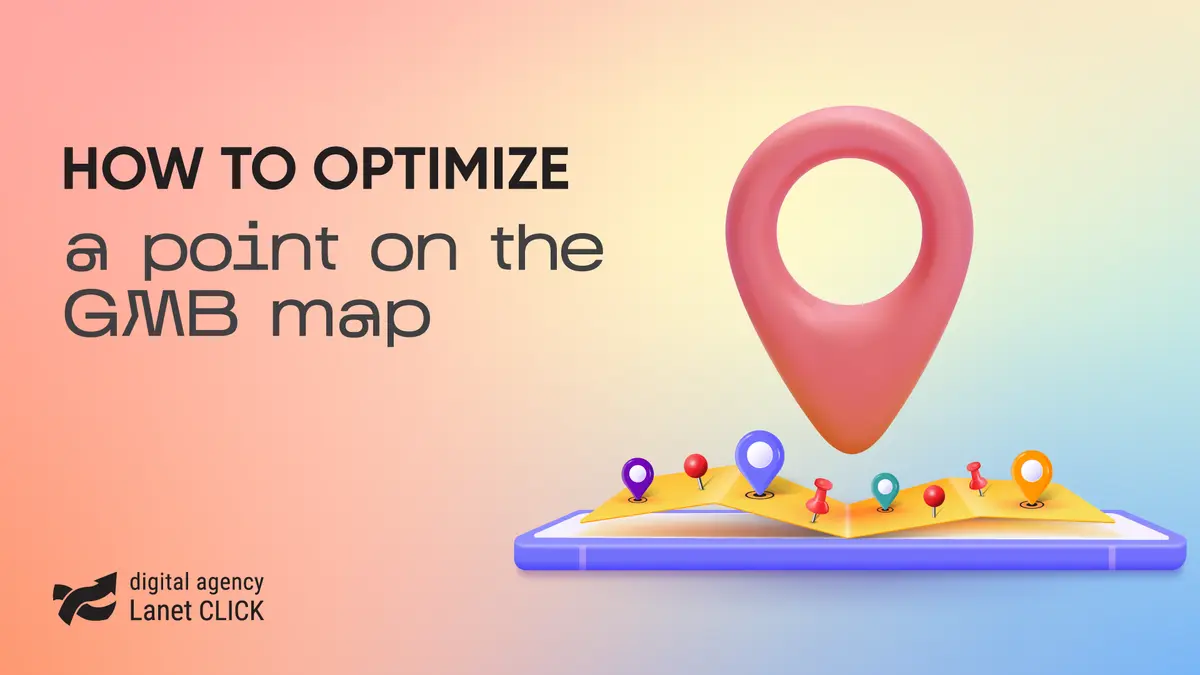
Among the best in the SMM category: Lanet CLICK in the IAB Ukraine ranking
The non-profit organization IAB Ukraine, which is a member of the international association Interactive Advertising Bureau, summed up the results […]
In the summer of 2020, Apple announced at the Worldwide Developers Conference that with the release of the iOS 14 mobile operating system in the fall of 2020, new privacy rules would come into effect — the advertising identifier of Apple devices (IDFA) will be able to collect personal data only with the consent of the user. However, the company later postponed these changes until spring 2021.
Apple’s new privacy rules provide the appearance of a window on the smartphone when opening a new application with the information that the application can track your actions. The user can choose “Ask the application not to track” or “Allow”. It is worth noting that the text is written very directly, and the cancel button is placed below, which makes it easier to click.

If the user allows his actions to be tracked, he will see personalized advertising in the future. If he refuses, the amount of advertising will not decrease, but it will be less relevant.In this way, Apple prevents apps or websites from collecting and sharing data unless a person using a smartphone with iOS 14 opts out of having their activities tracked. Some iPhone owners will opt out of tracking, so ad personalization and performance reporting will decrease.
The social network Facebook reacted negatively to the ability of Apple users with iOS 14 to prohibit tracking and said that such an innovation “will be devastating to small businesses, adding to the many challenges they face right now”. The company said Apple’s new policy is about making money, not privacy. “It will force businesses to turn to subscriptions and other in-app payments for revenue, meaning Apple will profit and many free services will have to start charging or exit the market”, Facebook said.
Once Apple launches new privacy rules, then:
Facebook has issued guidance for those working with advertising tools on the social network on how to prepare for Apple’s latest privacy rules. These tips can be applied right now:
A more detailed analysis of how Facebook’s advertising tools will be affected by iOS 14 new privacy rules will be available after the release. However, Facebook’s recommendations should be applied now.

The non-profit organization IAB Ukraine, which is a member of the international association Interactive Advertising Bureau, summed up the results […]

Promotion for the site of medical services is associated with additional difficulties due to the nuances inherent in this niche. […]

Google My Business is an essential tool for businesses with a physical location. This service is especially important for companies […]
A good strategy, perfectly selected digital tools, and their effective application will allow the business to increase profits, grow the customer base, and form recognition and loyalty. Do you want something like that? Contact us.
You have taken the first step towards effective online marketing. Our managers will contact you and consult you soon.